GRAYLAW is proud to announce the addition of Attorney Courtney A. Morgan to the esteemed staff. Courtney is a recent graduate of Loyola Law School, Los Angeles. She will complement the staff by becoming an expert in the business, entertainment and sports areas of immigration law.
The firm is also updating its client management system to meet the ever growing and demanding needs of its clientele. GRAYLAW will update the client management system to correspond with clients via the internet. We will also update our procedures to get correspondence from the Citizenship and Immigration Service via the internet. This will decrease the substantial processing times usually encountered at CIS . Our goal is to serve our clients more efficiently and effectively in the ensuing years.
Congress Expands the P Category for Athletes and Entertainers
The Legal Entry (COMPETE) Act of 2006 was recently signed into law by President Bush. The law expands significantly the categories for athletes and entertainers to enter the US on Non Immigrant P visas.
By way of background, traditionally, professional athletes at all levels, minor and major leagues, coming temporarily to the United States, can be classified as B-1, H-2b, O-1, or P-1 nonimmigrant aliens. For minor league players, teams usually apply for H-2b visas. During the past 3 years the H-2b visas have been depleted because the annual cap of sixty six thousand available visas.
Pursuant of 214.2 (o) (3) (ii), Extraordinary ability in this subcategory means ” a level of expertise indicating that the person is one of the small percentage who have (sic) risen to the very top of the field of endeavor”. Extraordinary ability is defined as sustained national or international acclaim.
Pursuant to 214.2 (p) (3), individual athletes must meet the basic standard of international recognition. This means the athlete must have achieved “a high level of achievement in the field evidenced by a degree of skill and recognition substantially above that ordinarily encountered, to the extent that such achievement is renowned, leading or well known”.
Pursuant to 214.2 (p) (4) (A), it is important to note, P-1 classification may be granted to an alien who is an internationally recognized athlete based on his or her reputation and achievements as an individual and must be coming to the U.S. to perform services which require an internationally recognized athlete.
The new law allows entry of athletes regardless of his or her international reputation where they are contracted at a “professional” level. As long as the athlete has a contract with an athletic team that is a member of an association of 6 or more professional sports teams and whose total combined revenues exceed $10 million per year, he or she will qualify for the visa.
It does not matter if they are on a major or minor league team.
More interestingly, the new law expands the P category to include coaches as well as amateur athletes. Where the individual coach or athlete is performing with teams in the US that are part of an international league or association of fifteen or more amateur sports teams, they will be eligible for the P visa.
Finally, under the new law, amateur and professional ice skaters are allowed P visas to enter the US to skate in a competition or a theatrical production.
After years of lobbying to attempt to have the P category expanded, Congress has finally accomplished this by the Compete Act of 2006. Thanks in part to Senators Dianne Feinstein (D-California) and Susan Collins(R-Maine), it is possible for foreign athletes and coaches to continue to enrich the tradition of sports in the US.
